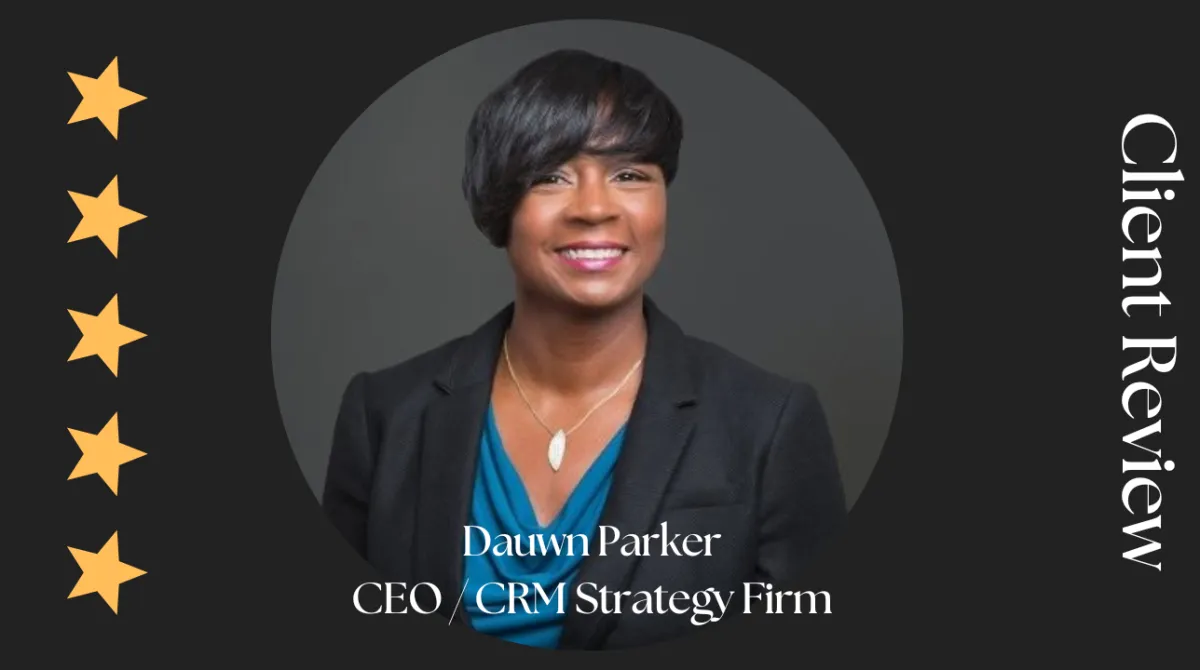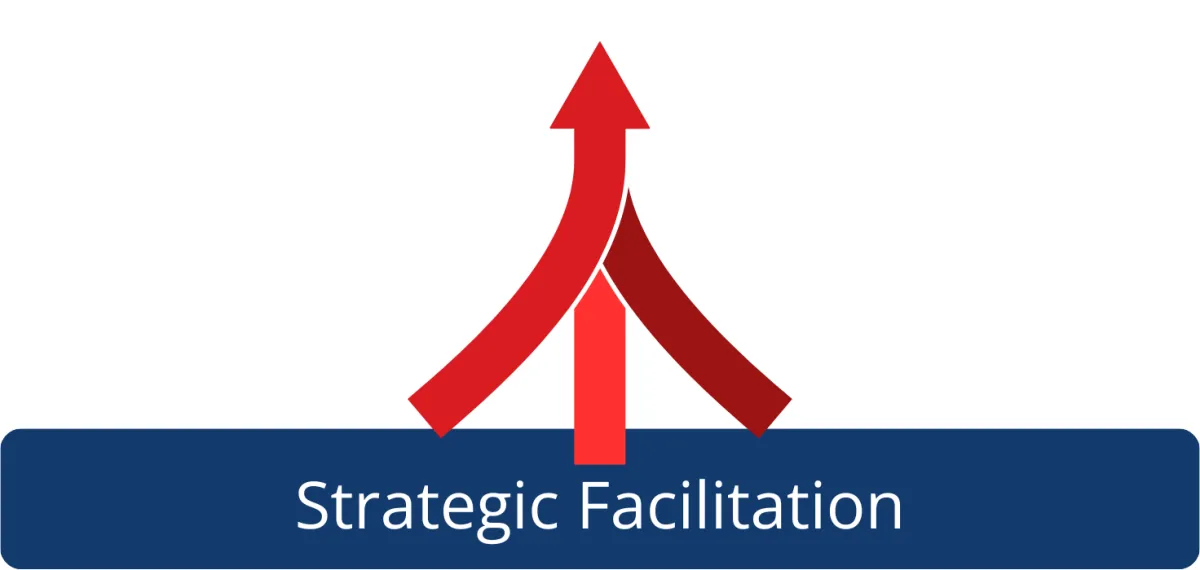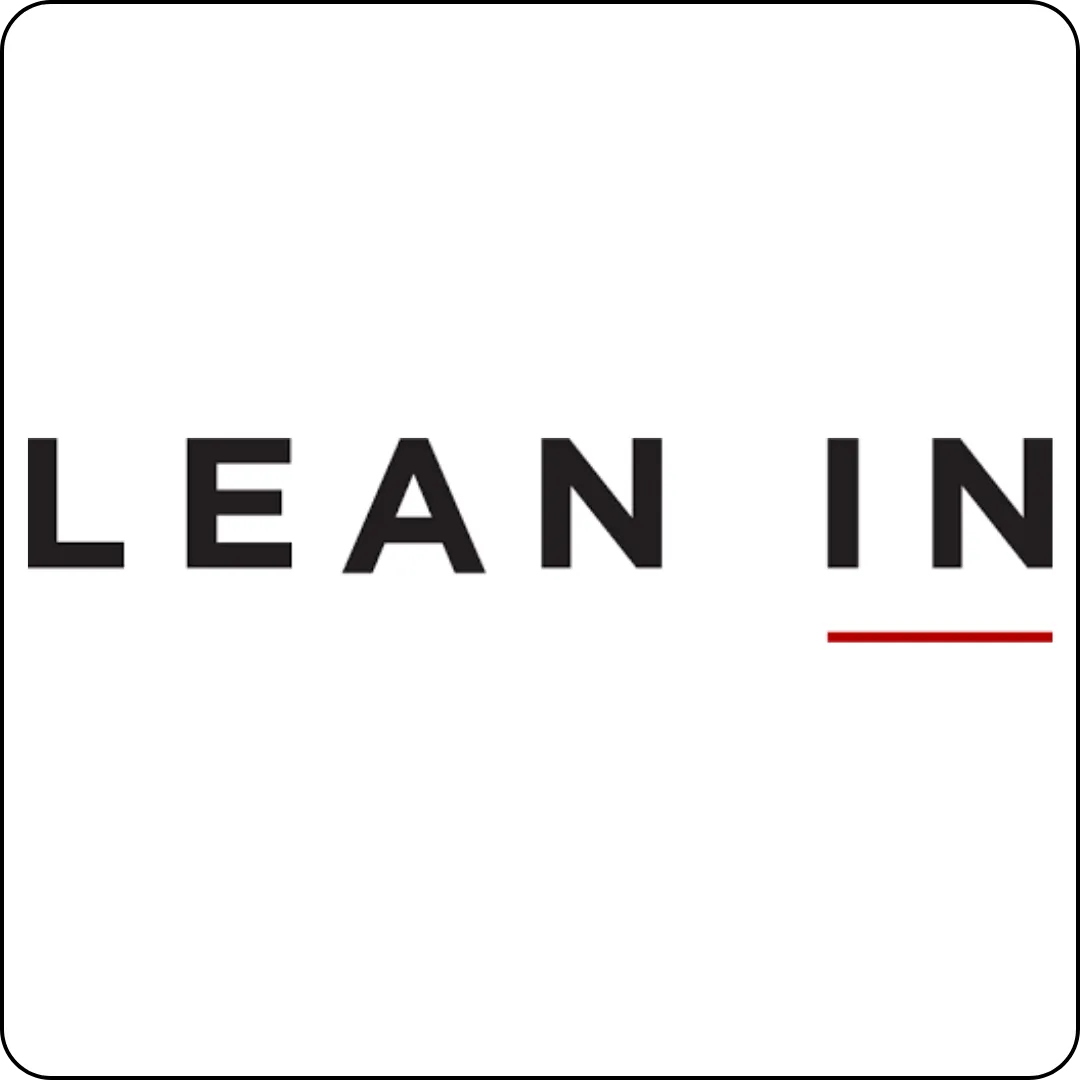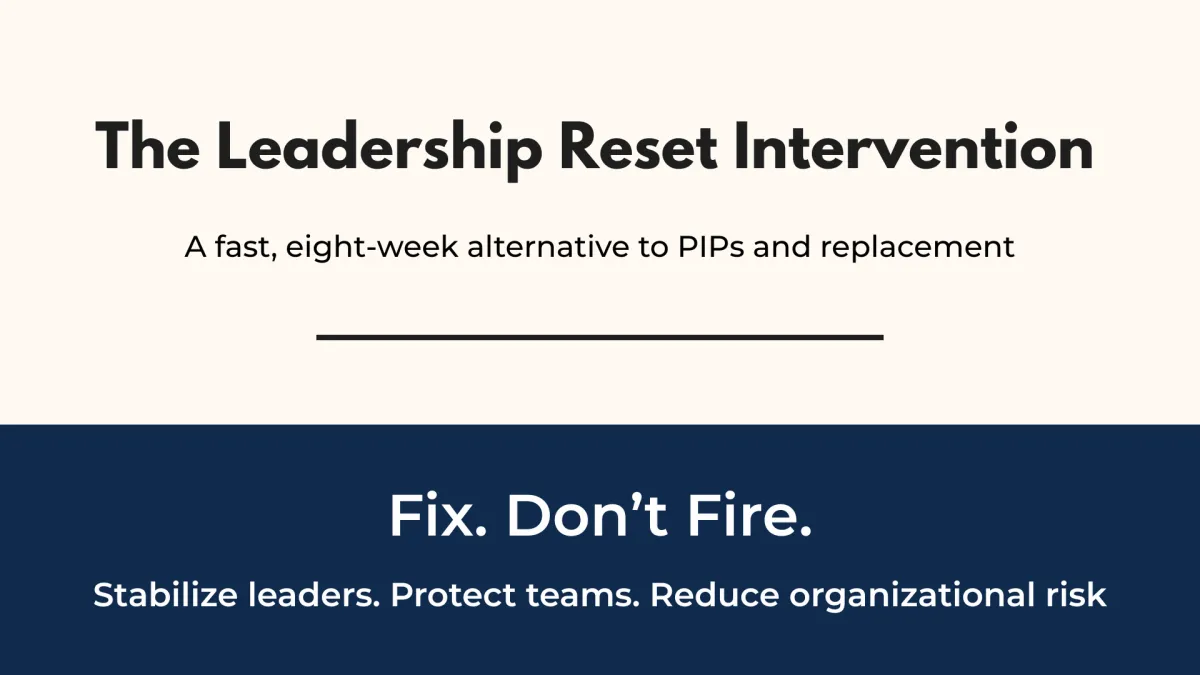The Unshakeable Leader Beta is open.
Decision support for leaders ready to stop carrying it all on their own.

Confident Leadership.
Aligned Teams.
Sustainable Growth.
Leadership development, executive coaching, and confidential strategic support for leaders ready to align, decide, and move forward.
Conversation is easy. Clarity takes work.

OUR RESULTS
We track client progress ensuring results are unmistakable and quantifiable.

Self-reported by participants of our 1:1 and group coaching programs based on their before and after Leadership Index results.
HOW WE HELP
Whether you need to align your team, guide your board, or grow as a leader, each solution is designed to deliver focused progress without overwhelm or unnecessary extras.
An 8 -week strategic intervention for healthcare and human-centered organizations who want to support struggling leaders to stabilize leadership performance, rebuild trust, and restore organizational confidence.
This 90-day, strategy-first executive coaching engagement is designed for high-performing leaders who want to stop reacting, start leading with intention, and see visible results every week.
Not sure where to begin?
Start with a conversation.
WHAT COACHING CLIENTS SAY

"Leading my business
with clarity"
I went from a limited pipeline to signed deals and a clear strategic direction. I’m no longer in survival mode - I’m leading my business with focus and relief for the future.


"Confidence and visibility
transformed my career"
Asia helped me face fears I’d avoided for years - from public speaking to building my personal brand. She tailored the process to my goals, helping me grow in confidence and visibility as an executive.


"Immediate trust
and insight"
Within minutes of our consultation, I knew Asia was the coach for me. Her warmth, insight, and professionalism made it clear I could trust her guidance.


"A complete career
transformation"
I stepped out of my comfort zone, built relationships I never would have before, and landed a senior role I love. The intentional focus completely shifted my confidence.


"Hearing my own
voice clearly"
Asia’s coaching changed how I hear myself. She doesn’t hand you answers - she helps you find your own voice and clarity. That shifted how I lead and make decisions.


"Redefined success
on my own terms"
Within months, I went from being unsure and stuck to landing the opportunity I really wanted. Asia helped me define success and make it real.

SIGN UP FOR OUR FREE WEEKLY NEWSLETTER

How you lead matters.
Sign up for our Skip Level Strategies newsletter, where every Sunday you'll start your week with a practical 5-minute perspective shift and action to bring your leadership, decision-making, and communication to the next level.
PAST NEWSLETTERS

Issue 49: Why Leaders Need to Stop Being the Fixer
Issue 49: Why Leaders Need to Stop Being the Fixer
"Leadership is not about being in charge. It is about taking care of those in your charge."
— Simon Sinek
Welcome to our 49th issue! Simon Sinek’s words are a powerful reminder: leadership is about empowering others. Today, we’re diving into a trap many leaders fall into—being "the fixer"—and how stepping back can create stronger, more capable teams.
When you’re in a leadership role, it’s tempting to jump in and solve problems as they arise. After all, you probably got here because you’re good at solving problems. But always being the fixer is more harmful than helpful in the long run.
Here’s what it looks like when you play the fixer:
Your team becomes overly dependent: Instead of tackling challenges, they wait for you to swoop in and save the day.
Problems pile up on your plate: You’re constantly firefighting, which leaves you overwhelmed and with little time for strategic work.
Your team misses opportunities to grow: Problem-solving is like a muscle—it needs to be used to get stronger.
Fixing everything for your team might feel like the fastest route to a solution, but it’s a detour away from building their confidence, resilience, and independence.
What You Can Do Instead:
Empower Problem-Solving
Encourage your team to bring solutions, not just problems. Ask them, “What do you think we should do about this?” It’s a simple shift that challenges them to think critically before seeking your input.
Coach, Don’t Solve
Guide your team to their own solutions instead of handing them the answer. Ask coaching questions like:
“What options have you considered?”
“What’s the potential impact of those choices?”
“What would you need to make this work?”
Celebrate Wins
When your team successfully tackles a challenge, acknowledge their effort and growth. It reinforces their ability to handle the next obstacle and builds confidence.
Reflect and Adjust
Here are some questions to consider:
Are there situations where you jump in too quickly instead of letting your team handle it?
How can you create space for your team to solve their own challenges while still feeling supported?
What’s one question you can ask your team this week to encourage problem-solving?
When you stop being the fixer, you create room for your team to step up and grow. Not only does this ease your workload, but it also builds a stronger, more independent team capable of handling challenges with less reliance on you.
If your team’s dependency has been holding them (and you) back, let’s talk. Schedule a consultation, and we’ll craft a strategy to empower your team and give you more time to focus on what matters most.
Next Week's Preview:
Next week, we’ll explore how to align your team around a shared goal or priority for the new year. It’s the key to creating momentum and focus from day one.
Go out there and lead,
Asia
Bridgewell LLC - Strategy and Leadership


























